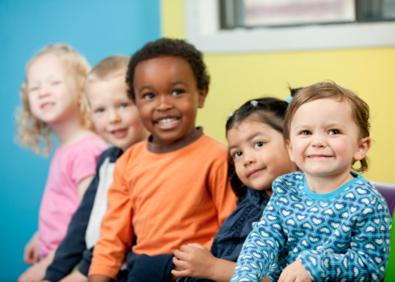The meme of “the 99% vs. the 1%” has now become part of our general public discourse. One can scarcely turn on the news without hearing it referenced in some way. But who are the 1%? Happily, it turns out that it probably isn’t us. According to the Tax Policy Center, the 1% are people who make over $516,633. The rest of us are just so different from the 1%: after all, the bottom 60 percent earned a maximum of $59,154 in 2010, the bottom 40 percent earned a max of $33,870, while the bottom 20 percent earned just $16,961 at maximum. Most of us who are concerned about income inequality, therefore, can focus our critical attention on ‘the other’, rather than ourselves.
But this is a coherent point of view only within the context of a certain kind of American navel-gazing. The Rio +20 conference on sustainable development, which begins tomorrow, reminds us that most of the people reading this blog are actually part of the 1%. In fact, someone at the poverty line in the United States is in the top 14% of global income distribution.
Why doesn’t our public discourse think in these terms? Why do most of us think of ourselves as something other than rich? One reason is probably that we still think of the nation-state as the most fundamental marker of the community to which we belong. At bottom, we do not identify as fellow human beings or even fellow Catholics, but as fellow Americans. Sure we might have some duty to meet the needs of the global poor, but the nation-state is what primarily determines how we see ourselves in relation to others. Another reason is that thinking of ourselves as the 99% makes us feel better about ourselves. It takes the focus off our oil-soaked, consumerist lifestyles and puts the focus on the the misdeeds of others. It helps us avoid the fact that we are, in fact, rich; that we are the 1%.
But especially from the perspective of Catholic Social Teaching, we should reject the false sense of moral security that identifying with the 99% brings. We are to be in relationships of solidarity with all vulnerable populations, and such solidarity is to be understood within the sister- and brotherhood of all humanity. This means taking a hard look at the way we live our lives: the transportation we use, the food we eat, and indeed all consumptive choices we make need to be made with a preferential option for the most vulnerable. State-focused navel-gazing should not take our focus off our duties to those who live outside our nation’s borders.
Much has been given to us, the richest 1%. And in light of the overwhelming need of vulnerable populations across the globe, much is also required.





Charlie, you speak rather prophetically here. As someone who often feels materially poor in a more self-indulgent way than I care to admit, this re-frames the conversation.
The “poor me/poor us” virus is insidious and so harmful. It is, as you so clearly state, so much a part of our American nation-state ethos. Right now I can only think of how immature it is. If we can’t move beyond ourselves, then we are not transformed, nor can we transform.
These thoughts will come with me as I head off on retreat tomorrow. Thank you for this post.